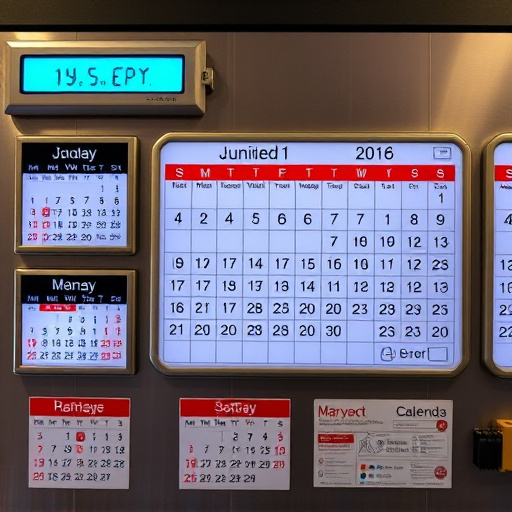Registered Training Organisations (RTOs) face scheduling challenges due to high demand and limited resources, which manual systems struggle to manage efficiently. Automating scheduling with advanced software offers a solution, streamlining operations by handling course diversity, participant schedules, trainer availability, and regulatory compliance. This technology boosts productivity, reduces errors, saves resources, and enhances the overall appointment booking experience for both administrators and trainees.
In the dynamic landscape of education and training, efficient RTO appointment scheduling is paramount. For Registered Training Organisations (RTOs), managing appointments can be a complex task, often riddled with manual errors and inefficiencies. This article explores the challenges of RTO appointment scheduling, highlighting the transformative power of automating scheduling processes. We delve into the benefits, implementation strategies, and best practices to ensure seamless experiences for both trainers and participants.
- Understanding RTO Appointment Scheduling Challenges
- Benefits of Automating Scheduling Processes
- Implementing Automated Solutions for Efficiency
- Best Practices for Seamless RTO Appointments
Understanding RTO Appointment Scheduling Challenges

Registered Training Organisations (RTOs) face unique challenges when it comes to appointment scheduling, especially with the increasing demand for training services and limited resources. Manual scheduling processes can be cumbersome, time-consuming, and prone to human error, impacting overall efficiency and client satisfaction. This is where automated scheduling systems prove invaluable, offering a game-changing solution for RTOs.
The complexities arise from various factors: managing diverse training courses, accommodating different participant schedules, ensuring trainers’ availability, and adhering to regulatory compliance. Traditional methods often lead to overbooking, underutilised resources, or even missed appointments. By implementing automated scheduling software, RTOs can streamline these processes, providing a seamless experience for both administrators and trainees.
Benefits of Automating Scheduling Processes

Automating RTO appointment scheduling offers significant advantages in streamlining operations and enhancing efficiency. By implementing automated systems, Registered Training Organisations (RTOs) can bid farewell to time-consuming manual tasks, reducing the risk of errors and saving valuable resources. This technology revolutionises the way appointments are managed, ensuring a seamless experience for both staff and students.
With automation, scheduling becomes more accurate and consistent. It eliminates the need for manual data entry, minimising the potential for human errors and delays. Automated systems can efficiently process large volumes of data, quickly generating schedules that cater to the diverse needs of different training courses and students. This not only improves overall productivity but also allows RTOs to offer a more responsive and flexible service, catering to individual student preferences and requirements.
Implementing Automated Solutions for Efficiency

Implementing automated solutions for Registered Training Organisation (RTO) appointment scheduling offers a transformative path to enhanced efficiency and streamlined operations. Traditional manual scheduling processes can be labor-intensive, prone to human error, and time-consuming, especially as RTOs juggle numerous training programs, instructors, and student demands. Automated scheduling systems eliminate these inefficiencies by leveraging technology to optimize the entire appointment booking journey.
These innovative tools provide a centralized platform where RTO administrators can manage available resources, create courses, and set schedules with ease. Students benefit from intuitive user interfaces that allow them to browse courses, select preferred timeslots, and book appointments instantly. Automated systems also ensure fair and equitable access to resources by managing capacity, avoiding double-booking, and sending automated reminders, thereby reducing no-shows and maximizing attendance.
Best Practices for Seamless RTO Appointments

To ensure seamless RTO appointment scheduling, several best practices should be adopted by Registered Training Organisations (RTOs). First, integrate automated scheduling tools that align with your existing management systems to streamline processes and reduce manual effort. This not only saves time but also minimises errors, enhancing overall efficiency.
Secondly, focus on providing a user-friendly interface for both staff and participants. Clear communication about available slots, easy booking options, and real-time updates ensure a positive experience. Additionally, regular reviews of appointment data can help identify patterns and adjust schedules accordingly, catering to the evolving needs of your trainees.
Automating RTO appointment scheduling can significantly streamline operations for Registered Training Organisations (RTOs), saving time and resources while enhancing efficiency. By implementing best practices and leveraging automated solutions, RTOs can ensure seamless appointments, improve client satisfaction, and focus on delivering high-quality training. Embracing these advancements is key to staying competitive in today’s digital era.
